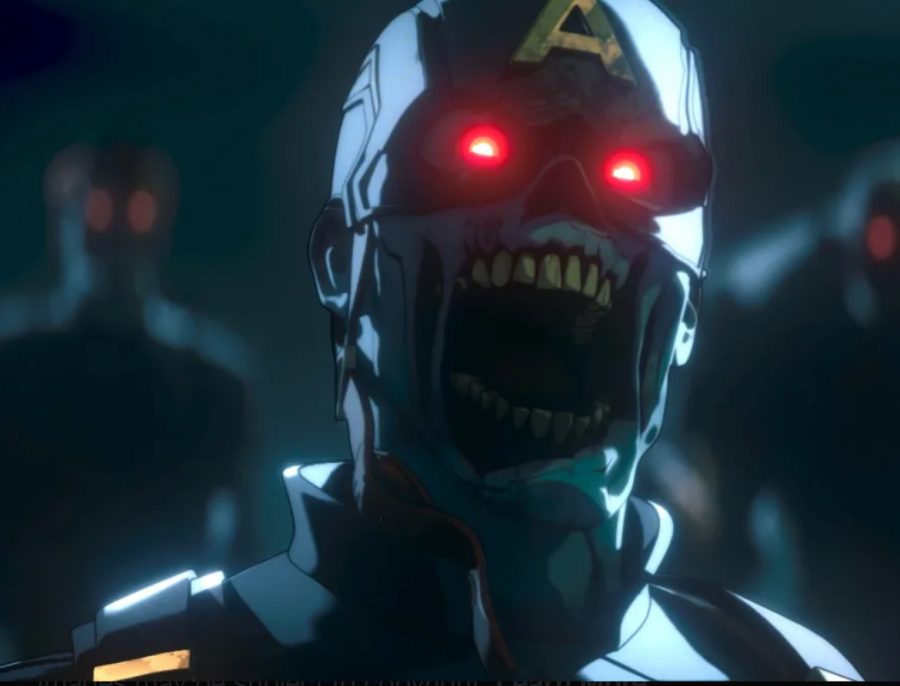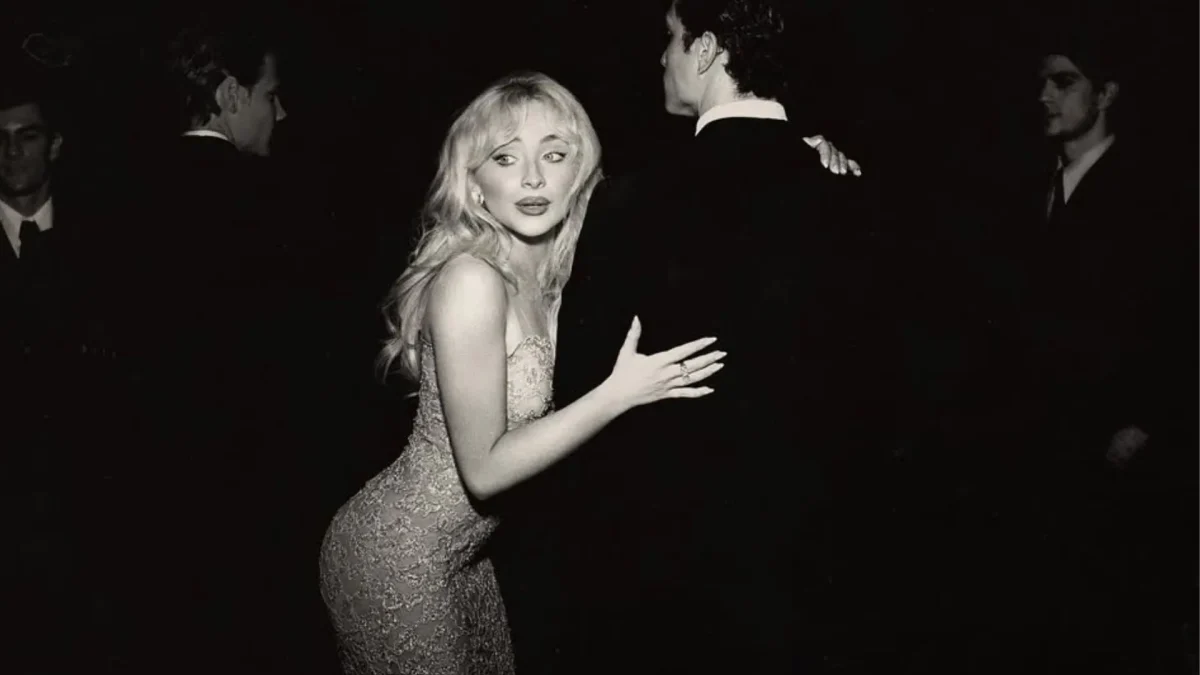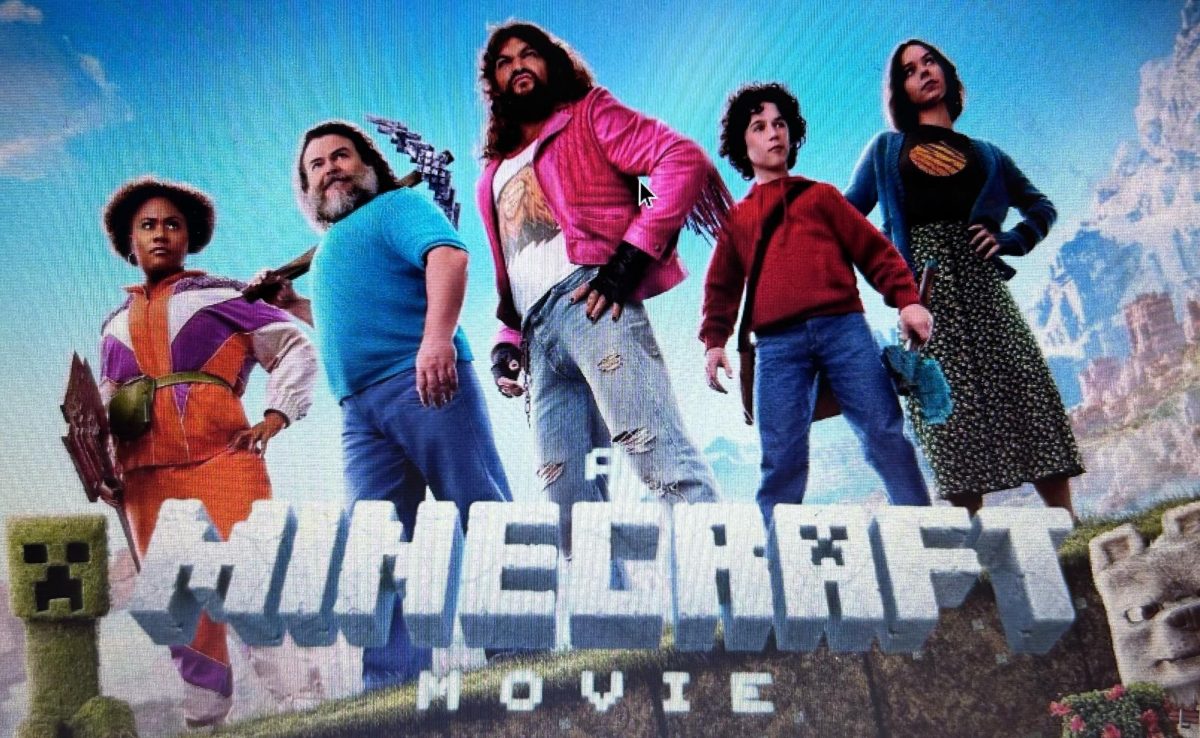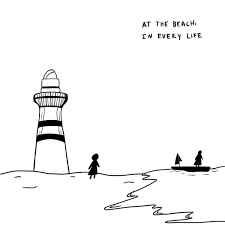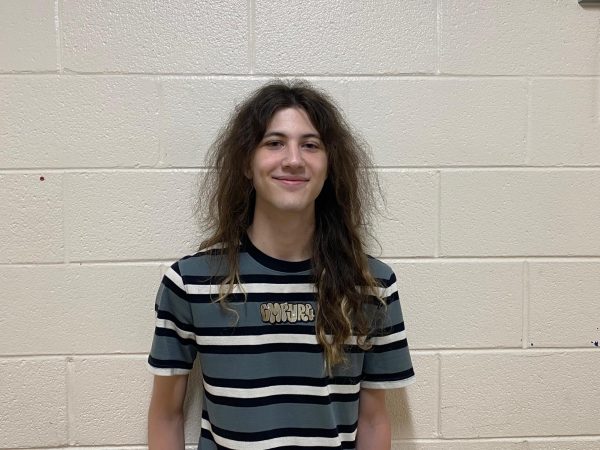Rising artist Saba, alongside legendary producer No ID, released their collaborative album, From The Private Collection of Saba and No ID, on March 18. It’s invigorating and uplifting, taking listeners through an emotional yet inspirational journey. Saba’s a pretty niche rapper, so working with No ID is quite the feat, as he’s known for mentoring huge artists such as Common, Kanye West, and J. Cole, as well as being one of the most important producers of Saba’s hometown, Chicago.
Starting with the intro track, “Every Painting Has a Price,” , with this jazzy production, and glowing vocals from Saba that sound as if he’s smiling as he raps. Featured on the song, BJ The Chicago Kid, serenades listeners with his amazing vocals that fit the chill, upbeat production perfectly while matching Saba’s style.
On track two, “Breakdown,” we continue to get a feel for the theming and purpose of From The Private Collection of Saba and No ID. Lines like “Wake and think on what you grateful for” start this trend of positive thinking. What really takes the spotlight in this song though is the horn sample that plays at the very start and throughout the entire song, it’s very representative of the album as a whole. Saba, being from the city of Chicago, takes a lot of opportunities to pay homage to his roots in this album, especially considering that the sole producer is one of the most legendary producers from the city. The style of sampling that appears in “Breakdown” is a very iconic part of early 2000s Chicago hip-hop, likely the music he grew up listening to.
“Crash,” the third song, is a very wholesome and simple love song. The album is very feature-heavy, there’s a feature on over half of the songs, and they’re all very well-chosen. Here on “Crash,” Kelly Rowland provides some stunning vocals with her amazing voice that, once again, fit this laid back production and sound perfectly.
The biggest hit off of From The Private Collection of Saba and No ID is “head.rap.” Saba speaks on his love of his long hair despite how others feel about it. With lines like “I don’t care what nobody says, you keep growin’ your garden,” it may initially seem like a silly lighthearted song, but it really ties together the core subject matter of this album: growing one’s self confidence, something many listeners could take some notes on.
Diving deeper into the track list, track eleven, “BIG PICTURE,” expands on another major theme of the album, and it’s quite overt about it. Saba says, “Sometimes the ugly truth can get you pretty far, you just take the negatives and make a witty bar,” encouraging people to make the best of what they have. That’s how Saba became an artist and how others can find their passions as well.
This final stretch of the album is particularly strong. Track twelve, “30secchop,” is a sudden shift from the happy, joyful tone, in both production and inflection, that was very prevalent in earlier songs, to a much more serious tone. Verses that run shivers down your spine like “I had visions of a hill where God got killed, said I had a panic attack and told me that’s not real,” and “I be thinkin’ bout the dead, most times I chill,” echo throughout the song. Saba reflects on his faith and the friends the world lost too early, it’s truly one of the best songs here.
The following track, “How to Impress God,” continues the haunting messaging from the last, with Saba expressing his fear of not being enough for God. He starts by saying “I had a year full of tour dates, last I checked I said I’d never go and change, and got dressed, It felt like I heard God say “I’m not impressed.”” He continues with a dialog between himself and God, mentioning his family, what he’s done for his community and audience, but God’s not impressed. However, in his second verse he states “Enough of what I’m not, let’s talk about what I am,” and as he has, throughout the entirety of From The Private Collection of Saba and No ID, Saba turns the situation into a positive. He goes into accomplishments, not in a bragging manner, but in a way of understanding his own self worth and overcoming his fear.
Ending off the album, in the final track, a FEW songs, speaks with a new found confidence, saying, “The next drop, that’s when Saba might shatter the Earth.” He speaks about his city as well, with his new found confidence and growth, having a better understanding of his environment and his role in the world.





